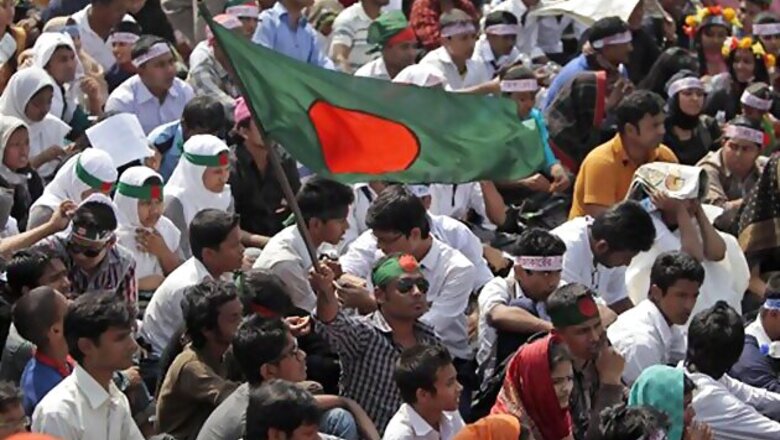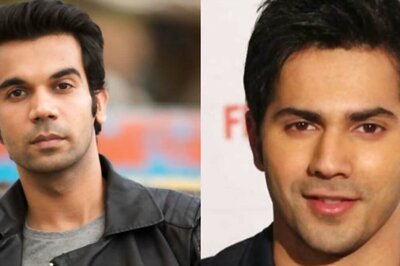
views
Bangladesh Supreme Court on Tuesday handed down death penalty to fundamentalist Jamaat-e-Islami stalwart Abdul Quader Mollah for 1971 war crimes, revising a special tribunal verdict which had sentenced him to life imprisonment.
"He is being handed down the capital punishment," said Chief Justice M Muzammel Hossain, as the apex court reviewed the first ever case of the "crimes against humanity" during the 1971 liberation war against Pakistan.
Mollah, 65, the fourth-highest Jamaat leader, is the first politician to be found guilty by the Supreme Court after it rejected an appeal to acquit him of all charges.
According to the judgment, Mollah was not found guilty in only one of the six charges while the apex court upheld the sentences handed down earlier by the country's International Crimes Tribunal for other four charges and sentenced him to death for the sixth charge.
The tribunal verdict against Mollah, an assistant secretary general of the fundamentalist party which was opposed to Bangladesh's independence from Pakistan, triggered massive controversies and protracted street protests by 1971 veterans and youngsters who believed the punishment was too lenient compared to his crimes.
The virtual uprising of the youths, who staged round the clock sit-in vigil for weeks at the Shahbagh in the capital and protested in other major cities, prompted the government to amend a law on war crimes trial which earlier allowed the defence alone to challenge the verdicts.
But Mollah's lawyers too challenged the amendment before the apex court, saying it would not be applicable in their client's case as it was made after the tribunal handed down its judgment.
The tribunal verdict was delivered amid violent street campaigns by Jamaat across the country and in pockets known to be its stronghold leading to violence that left over 150 people dead since February.
Security Authorities have deployed elite anti-crime Rapid Action Battalion to guard the apex court premises and hundreds of policemen in riot gears at other major city corners to prevent violence.


















Comments
0 comment